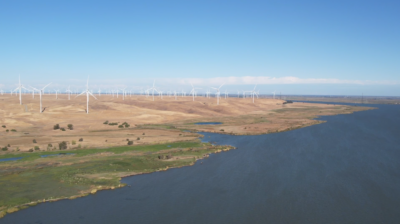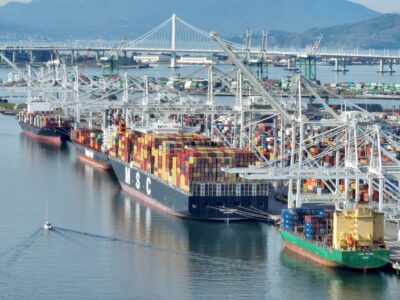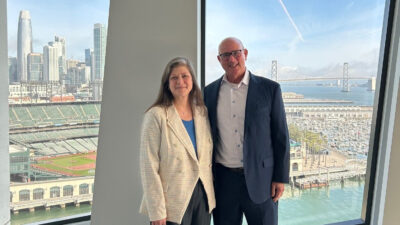CLEAN SWEEP FOR BAY AREA COUNCIL IN NOV. 4 ELECTION
Voters may not have turned out in force on Nov. 4, but those that did overwhelmingly agreed with the Bay Area Council on a handful of state and local ballot measures with important implications for sustaining economic growth.
On statewide measures that the Council endorsed, voters approved Prop 1 by almost 67 percent and Prop 2 by 69 percent. The former will generate $7.12 billion to invest in expanding water storage and ramping up conservation measures in the face of historic drought. The latter creates a “rainy day” fund to help the state avoid its usual boom and bust budgeting. Passage of Prop 2 brought a favorable reaction from investment rating services, which could help lower the state’s future borrowing costs.
Voters also soundly rejected Props 45 and 46, two statewide measures the Council opposed for the increased cost and regulatory burdens they would impose on the healthcare system and the lack of any meaningful measures to improve healthcare quality. Senior Advisor Micah Weinberg played an active role in advocating against these misguided initiatives, helping secure editorial endorsements against them by most of the state’s major daily newspapers and appearing in numerous public forums.
Among local measures the Council endorsed, voters approved Measure BB in Alameda County and Measure A in San Francisco. Measure BB will invest $7.8 billion over the next 30 years to expand public transit, repair roads and extend BART to Livermore. A study released in July by the Bay Area Council Economic Institute found that the Measure BB spending plan would generate the equivalent of 150,000 jobs and $20 billion of economic activity. Measure A in San Francisco will provide $500 million to improve public transportation and roads. Both measures come as the Bay Area confronts increasing traffic drag it has on economic growth.
The Council watched with great interest state and federal legislative races and, like many observers, was looking ahead to what the outcomes might mean for the Bay Area and our economy. In California, inroads by the GOP helped eliminate the chance of Democrats maintaining super majorities in both the Assembly and Senate.
On the national front, an analysis by Bay Area Council member Dentons suggested that the GOP-controlled Congress could find agreement with President Obama on a variety of tech-related issues, including patent reform and cybersecurity, and on investment in job-creating transportation infrastructure. Council President Jim Wunderman today (Nov. 7) led a post-election discussion with Dentons political experts Darry Sragow, John Russell and Marc Burgat and KPIX political reporter Melissa Griffin Caen.
To engage in the Council’s state government relations work, contact Policy Manager Cornelious Burke. And to engage in our federal policy work, contact Senior Advisor George Broder.





